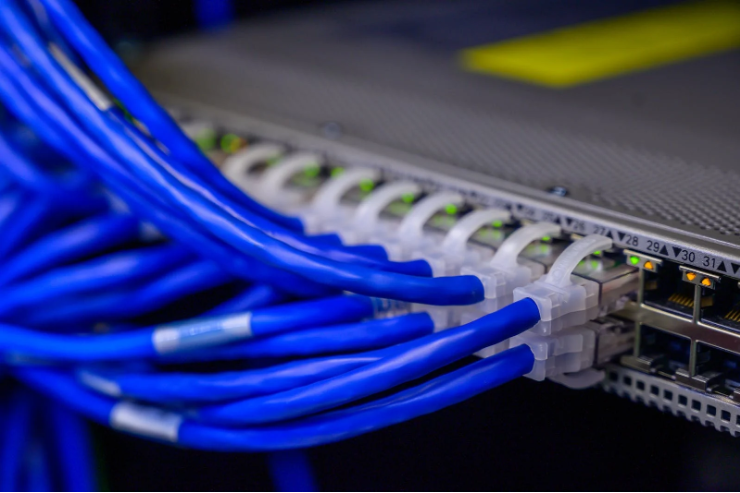In the modern era, with the dramatic rise of online gaming as a key form of amusement, the importance of having a strong and effective home network is incredibly crucial. The days when gaming was a solitary experience are long gone. Now, it’s all about seamless online multiplayer experiences. The adrenaline rush of playing in a virtual world with others hinges on one critical aspect, your home network’s performance. Optimize Your Home Network; it’s the unseen backbone that supports your virtual adventures, whether you’re questing in an MMORPG or battling it out in a high-stakes FPS game.

Understanding Your Network’s Capabilities
Let’s start by diving into the heart of your home network. The performance of your internet goes beyond mere speed. It’s about dependable and steady performance, especially under significant strain. Different online activities demand varying levels of network performance. For instance, streaming a movie in 4K requires a steady and high-speed connection, but it’s the low latency and stability that matter most for online gaming. Every millisecond counts, especially in competitive gaming scenarios.
A stable network is not just essential for gaming, it’s equally vital for other real-time online activities. Imagine placing a 32Red bet live. In such scenarios, even a momentary lag can impact the experience significantly. This example illustrates why understanding and optimizing your network capabilities is so crucial.
Essential Hardware Upgrades for Gaming
Stepping up your gaming setup often starts with examining your hardware. The cornerstone of your network is undoubtedly your router. Modern gaming demands routers that can handle high-speed data transmission with ease. Mesh network systems are increasingly popular, offering extensive coverage and reducing dead zones in larger homes.
However, when it comes to hardcore gaming, the age-old debate of Ethernet versus Wi-Fi comes into play. Ethernet connections, with their direct and uninterrupted data flow, are generally more reliable for gaming. But advancements in Wi-Fi technology, like Wi-Fi 6, are narrowing this gap. Selecting the right hardware can make a significant difference in your gaming experience.
Advanced Network Settings for Optimal Performance
Beyond hardware, diving into the technicalities of your network settings can unveil potential enhancements. For gamers, tweaking the Quality of Service (QoS) settings on your router can be a game-changer. By prioritizing gaming traffic over other types of data, you ensure that your gaming sessions aren’t interrupted by other network demands.
Another crucial aspect is port forwarding. This can help improve connection stability and speed for specific games by opening direct routes between your gaming device and the game servers. Additionally, employing a gaming-focused VPN can aid in lowering latency and safeguarding against DDoS incursions, yet it’s vital to select a VPN that doesn’t unintentionally slow down your network speed.




